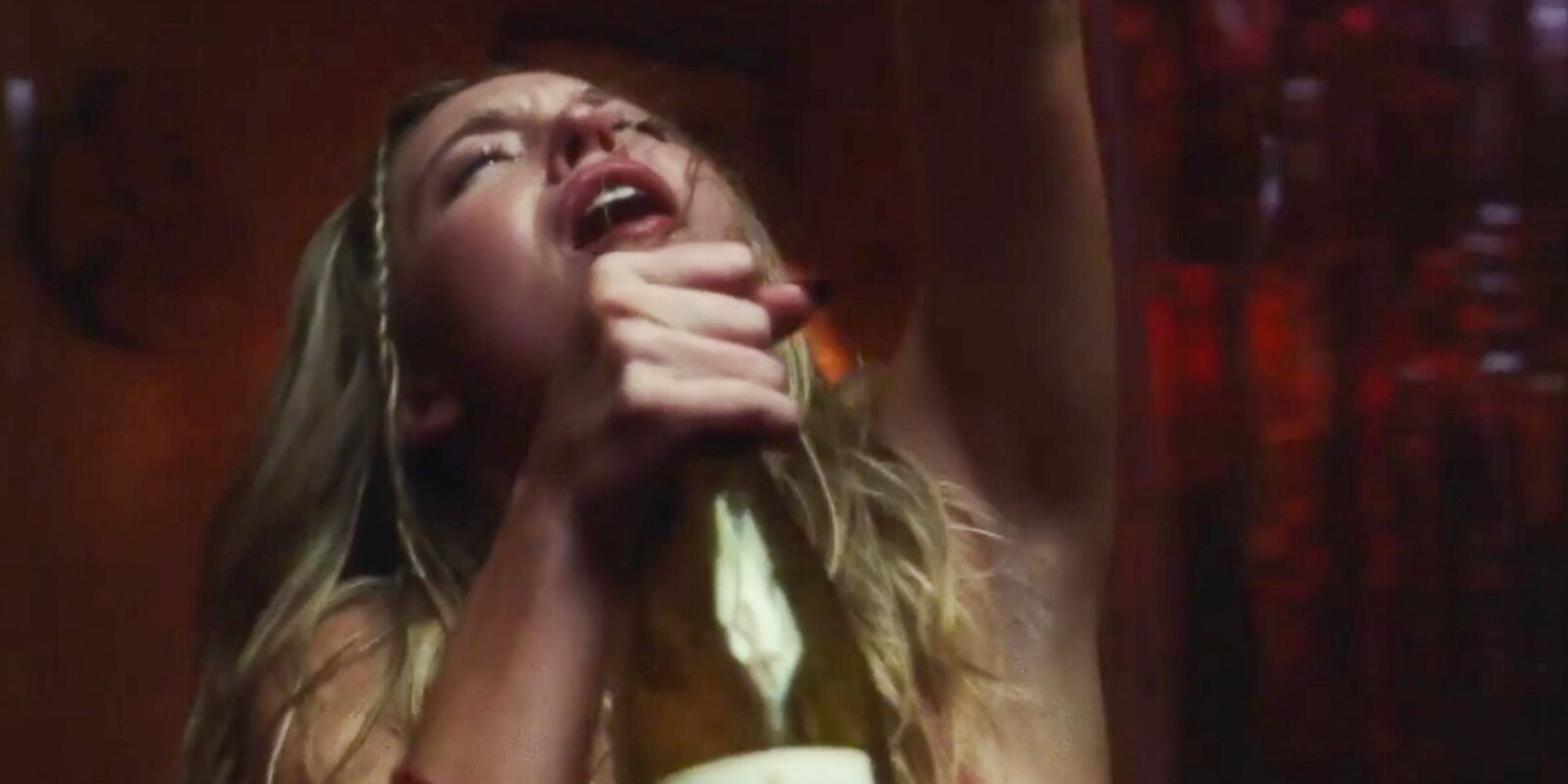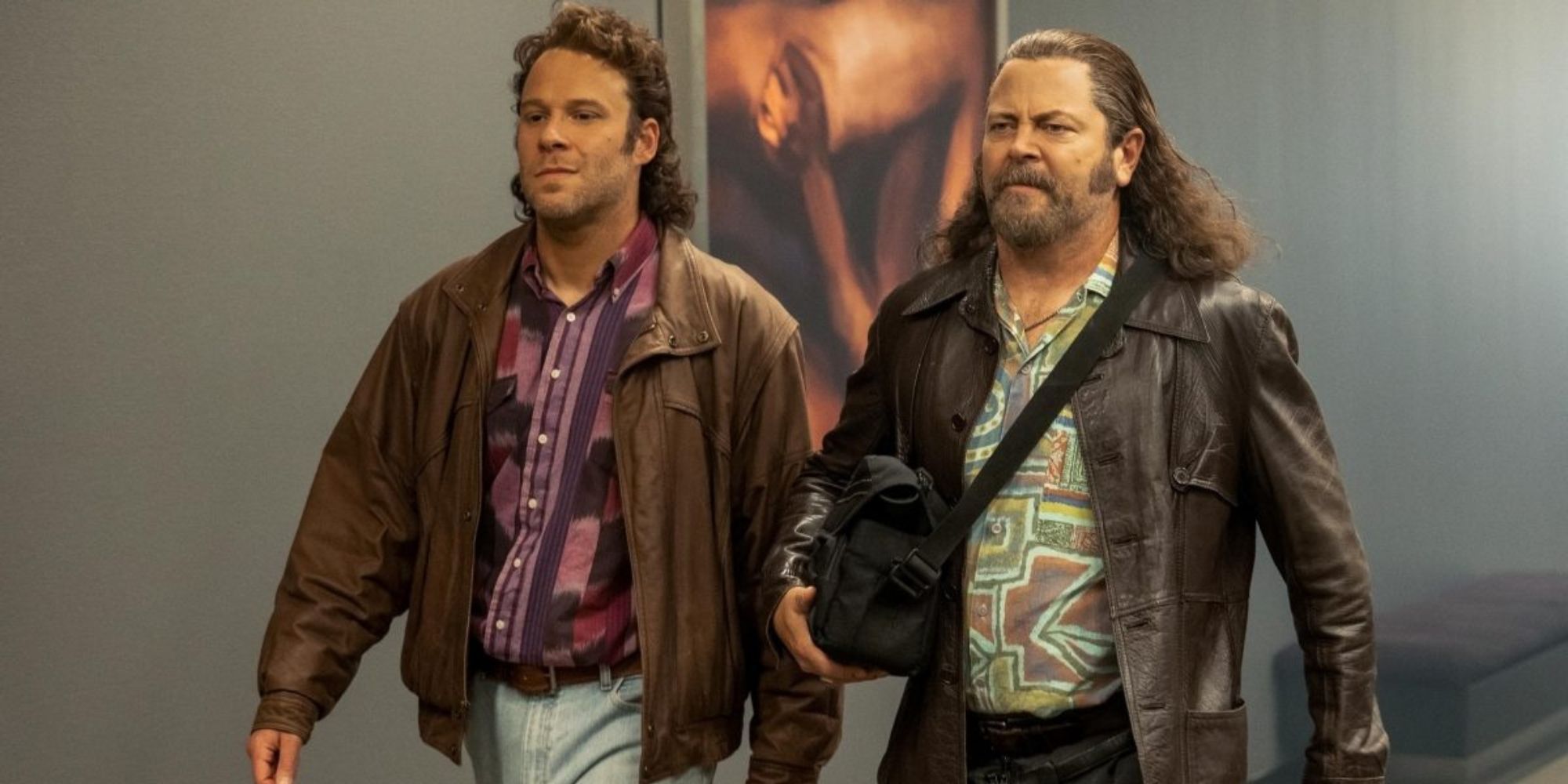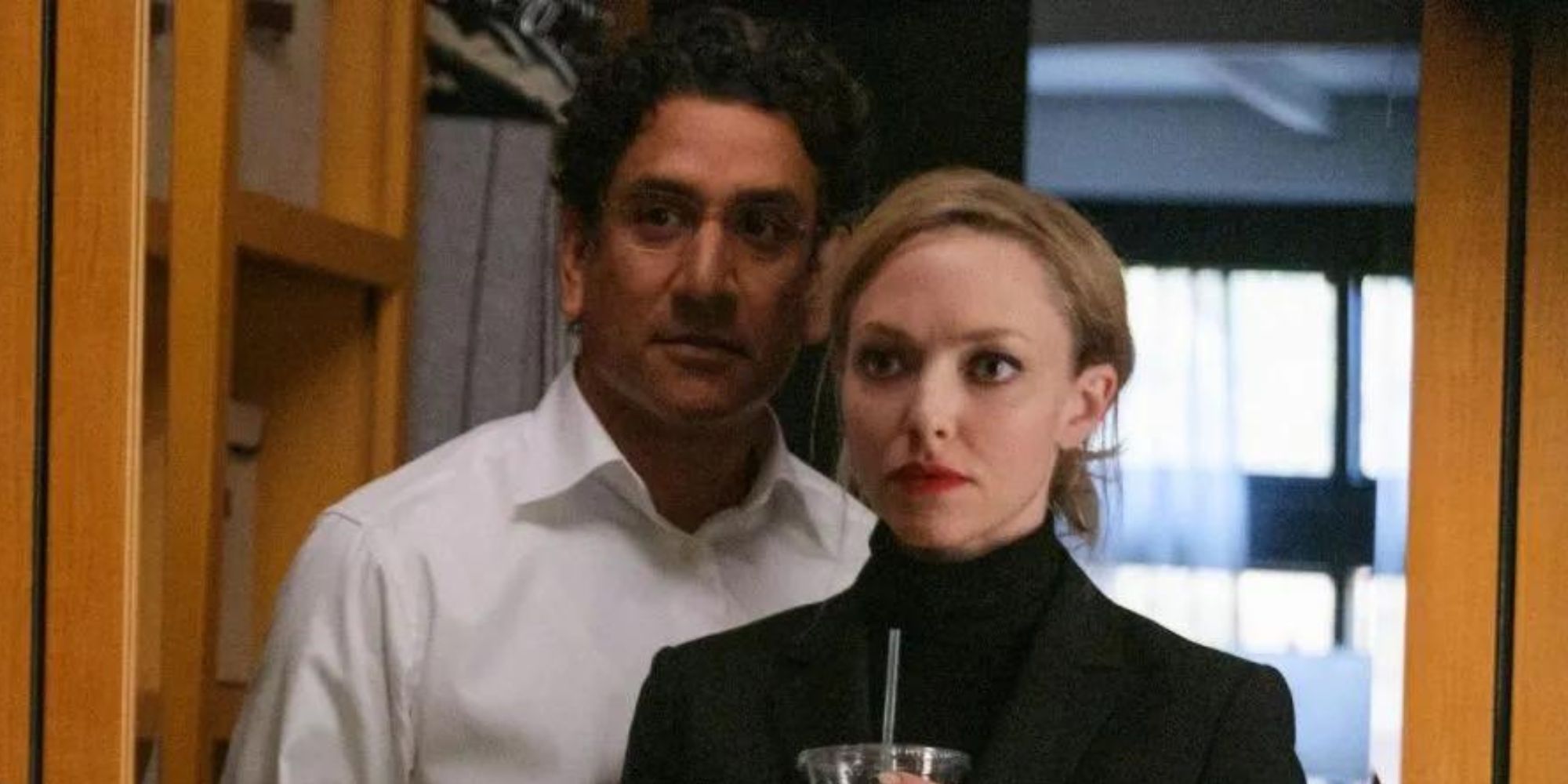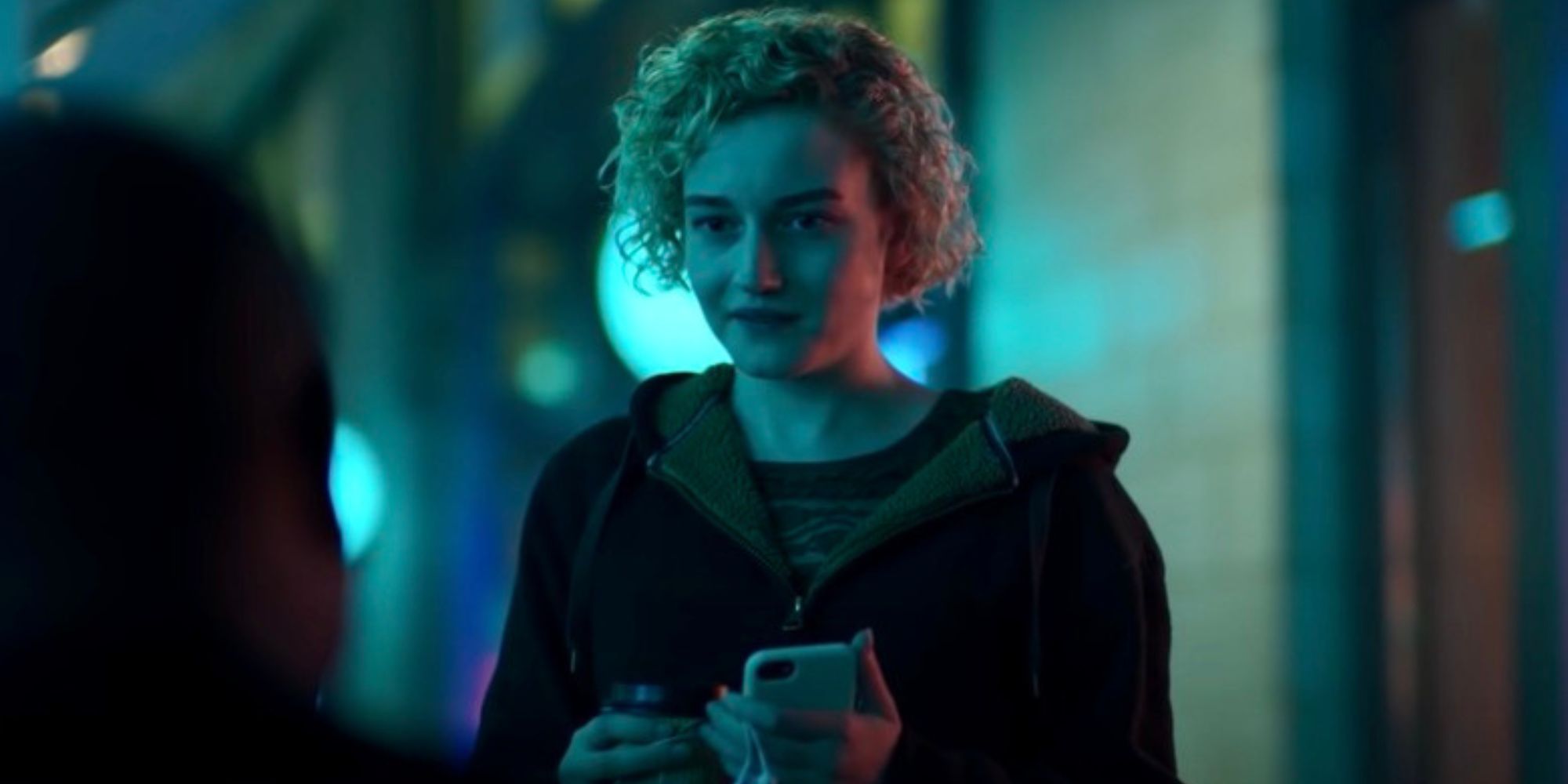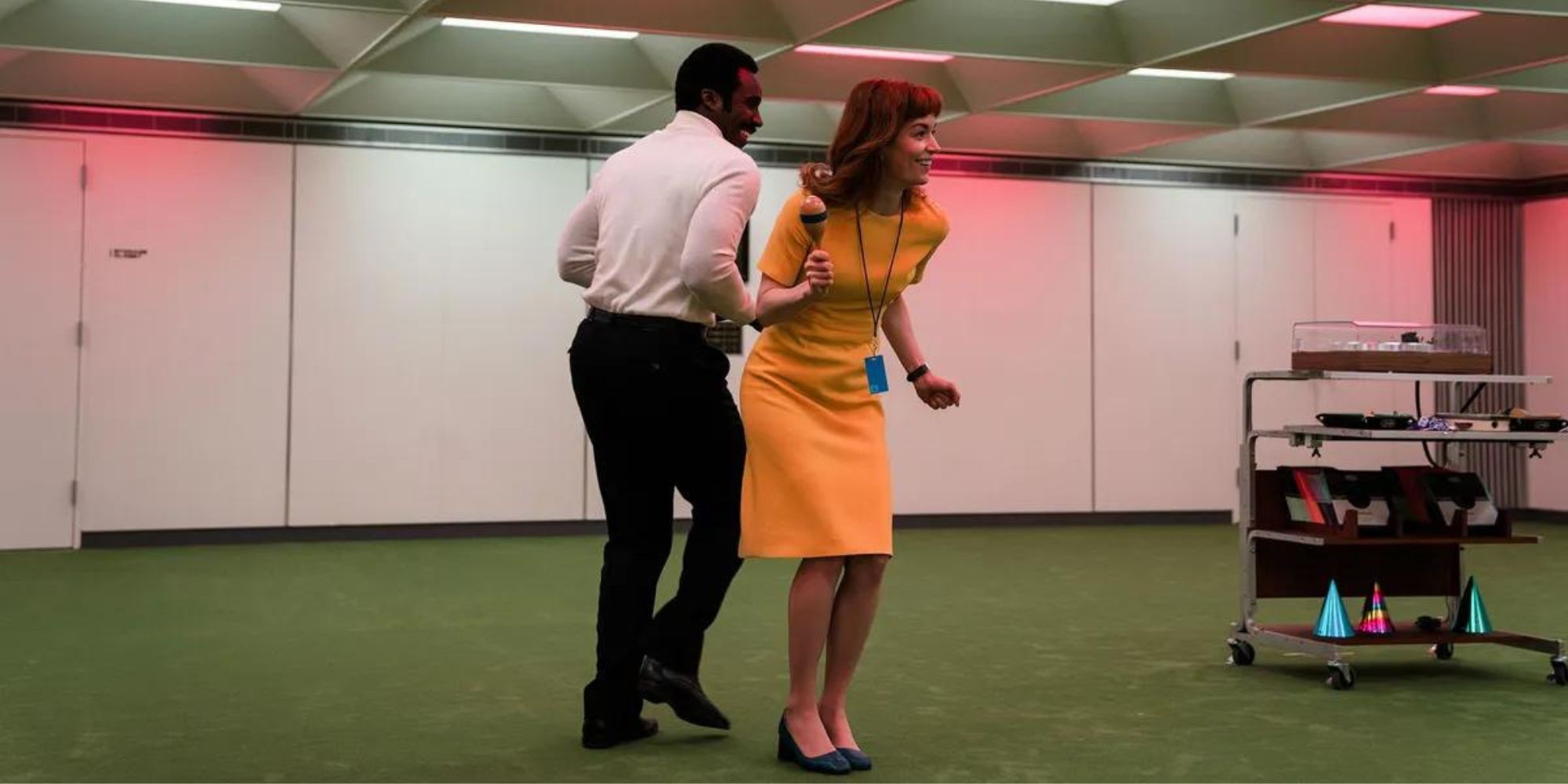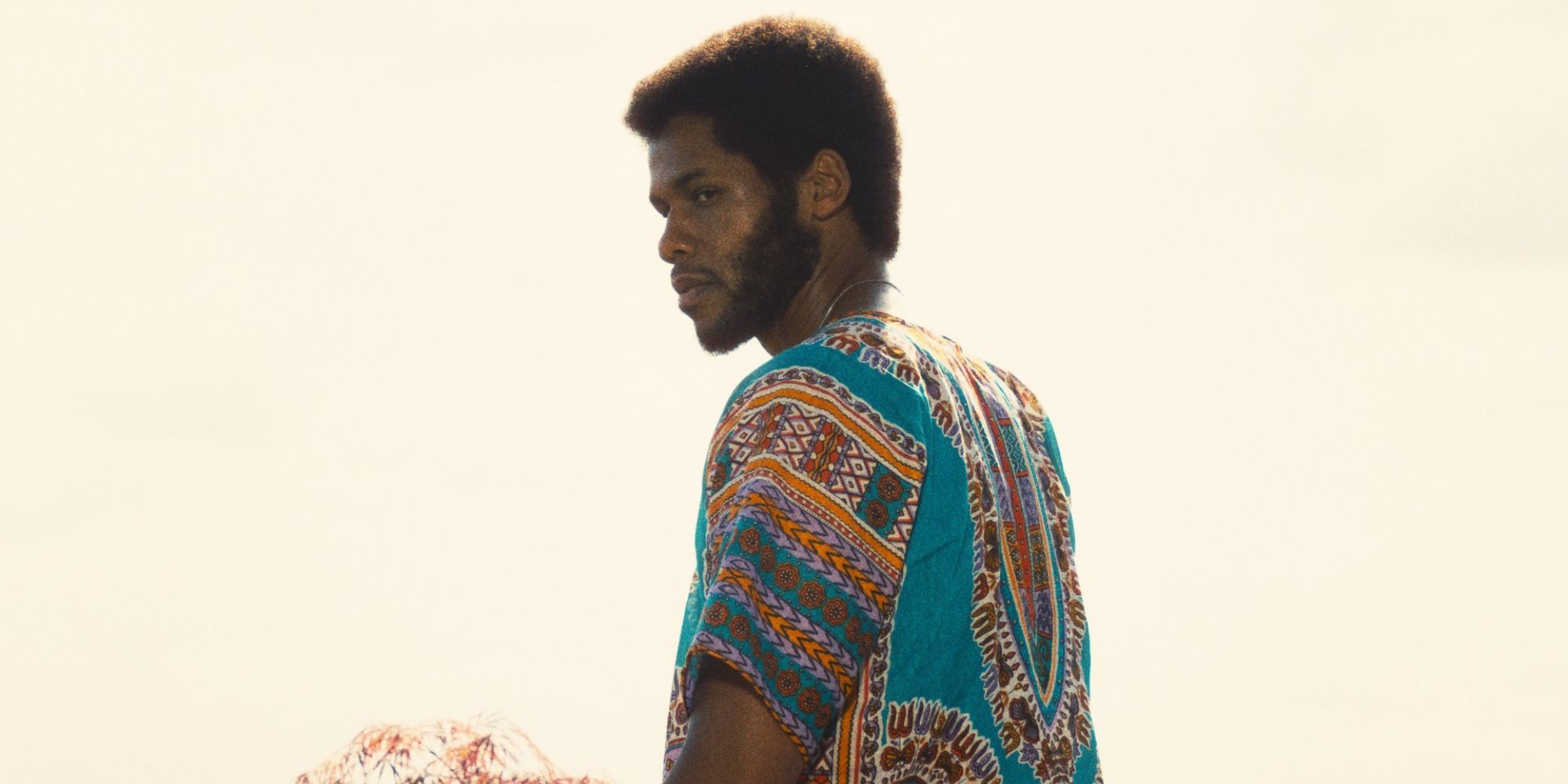With streaming platforms and entertainment companies competing for your watch times, subscriptions, and word of mouth by throwing large scale budgets, top talent, and movie stars at their content, 2022 is turning out to be a fantastic year for television. As programming seems to be getting better, richer, and more complex, music budgets are also benefiting from the interest in original series.
TV Shows Worth Watching Just For The Soundtrack
Spotify and Apple allow for music to be accessed on demand for those who subscribe and television is catching on, delivering great music to match to signal an era that makes up its setting or to do something even more interesting by evoking a style or affect.
Euphoria – “Drink Before the War”
Music tends to come up in conversations regarding HBO’s atomic bomb of style and virality in Euphoria and the simple placement of just about any song can boost its streams and reach on TikTok whether it be yacht rock or not-so-average hip hop. Following the teenagers of an unnamed high school through the lens of an overstimulated culture hopped up on fast fashion, sex, and narcotics the show’s musical choices heighten its subject thematically.
In "You Who Cannot See, Think of Those Who Can," Cal Jacobs (Eric Dane) returns to the bar where his former lover Derek (Henry Eikenberry) and he visited in their youth. He plays the somber Sinead O’Connor ballad “Drink Before the War” and slow dances with a stranger. Through Lynchian dream logic, the song connects his character with Cassie Howard (Sydney Sweeney) who drunkenly dances to the song at Maddy Perez’s (Alexa Demie) party. The song is an apt choice to parallel the two characters who necessitate radical empathy from the audience, but also in its lyric which predicts a moment of reckoning for both characters.
Pam and Tommy – “Closer”
While Pam and Tommy by re-hashing the Pamela Anderson sex tape debacle, opens up a can of nostalgic worms known as the mid-90s, its soundtrack is used to put viewers in its contemporary period featuring music from Fatboy Slim to Primal Scream.
'Pam & Tommy': The Rare Show That Makes the Audience the Villain of the Story
In the premier, "Drilling and Pounding" Nine Inch Nails’ iconic “Closer” soundtracks the misdeeds of Rand Gauthier (Seth Rogen) as he develops his plan and sources hardware material to break into the safe of the Anderson/Lee home. While “Closer” is often mistaken for a song about carnal desire, it actually posits a character who uses meaningless sex as temporary relief from a flawed existence. Gauthier suffers a similar predicament in the show as a character suffering an existential crisis and for whose violation of privacy ultimately brings him no purpose.
The Dropout – “Back to Black”
While seemingly every streamer has arrived with a founder show this year, The Dropout has remained a cut above through its execution and acting according to online reviews. Following the rise and fall of Theranos founder Elizabeth Holmes (Amanda Seyfried), the show first uses indie music to convey a sense of humanity in Holmes before reverting to radio pop as she spirals into a corporate monster.
The third episode “Green Juice” represents a turning point in this transformation and Amy Winehouse’s “Back to Black” which closes the hour feels about as on the nose as it gets. The song defined the era on-screen; Holmes dons a black turtleneck resembling a physical composite of the song’s title, and the screen cuts to black before Winehouse can finish her lyric. Like Holmes, Winehouse’s song depicts an abused woman who must convert her personality and image to succumb to the standards of her male suitor.
Ozark – “NY State of Mind”
While Netflix’s Ozark doesn’t go for a single theme and has used everything from 70s soul to garage rock and even two Radiohead songs, Ruth Langmore’s (Julia Garner) story is told through a fascination with hiphop. She’s a 90s hip hop head through and through who listens to Life After Death by The Notorious B.I.G. when her father is released from prison.
Julia Garner's Tragic Turn on 'Ozark' Forced an Honest Look at the Search For Salvation
The final season’s eighth episode an aptly titled “The Cousin of Death,” takes this to a new level by putting the music in diegetic form. Langmore approaches Atlanta rap legend and one half of Run the Jewels, Killer Mike, who is credited as himself to give him props and the two ruminate on Nas’ “NY State of Mind” and its portrayal of danger and poverty. The episode uses three other songs from Illmatic as if the entire album is playing in Langmore’s headphones. It makes perfect sense since both characters use their sharp intelligence for survival in similar socioeconomic conditions.
Atlanta – “Les Fleurs”
After a long hiatus, Atlanta, a show that is both about the modern music industry and which uses music subversively has made its return. In one of its great left turns Atlanta’s third season features episodes without its main characters appearing at all and almost converts itself into a partial anthology series.
In “The Big Payback” which follows Marshall (Justin Bartha), as slavery reparations strip him of his life of luxury from an associate at Tesla into a career server, Minnie Riperton’s flower power soul anthem “Les Fleurs” plays as ethnic minorities and members of the White upper class have seemingly switched places. The song is used with dramatic irony to signify a sense of glory for Bartha’s character. After suffering loss for the entire episode, he finally realizes the ability to compromise.
Severance – “Shakey Jake”
A dystopian look at human behavior, Apple TV’s Severance is a brilliant, but often-disturbing look at corporate culture and modern institutionalization. Exploring the operation of Lumon Industries, its characters undergo a brain surgery that divides themselves into a work version and a private life version.
In the seventh episode “Defiant Jazz,” the terrifying manager Mr. Milchick (Tramell Tillman) tries to endear himself through a Music Dance Experience by playing avant jazz artist Joe McPhee’s “Shakey Jake” while his workforce is caked in colored lights. Frequently compared to the “Get Down Saturday Night” sequence in Ex Machina, the scene exposes a memorable juxtaposition of dance which is normally used to convey liberation. Here, the characters of Severance seem to be under an imprisoning spell before Dylan (Zach Cherry) violently puts an end to the scenario.
Super Pumped: The Battle for Uber - “Yellow Ledbetter”
While taking liberties in its factual inaccuracies, Super Pumped is a bouncy ball of pop culture, allowing for its characters to reference everything from The Lakers to The Untouchables to a Quentin Tarantino narration and allusions to video game culture. Following the trajectory of Travis Kalanick (Joseph Gordon-Levitt), the show is a takedown of the corporate greed that has defined the tech revolution of the past decade.
While making use of a handful of Pearl Jam songs, a rarity since the band normally doesn’t allow the licensing of their music, a Pearl Jam soundtrack makes for an interesting fit given the band’s aversions to Live Nation and even MTV. Sometimes feeling something like a Pearl Jam musical, the season finale “Same Last Name” ends with the anthemic “Yellow Ledbetter,” sealing the concept in a tragic, aspirational moment.
Winning Time – “Pieces of a Man”
Kareem Abdul Jabbar was a complex figure. Political, unapproachable, brilliant, and statistically one of the best people to ever touch a basketball, Jabbar’s past is explored in the fifth episode of HBO’s Lakers drama Winning Time.
“Pieces of a Man” takes its name from jazz poet Gil Scott Heron’s song of the same name and looks at Jabbar’s inner conflict as a Muslim and the relationship with his policeman father who decried his activism. The use of this song to define Jabbar (Solomon Hughes) refers to the history of slavery, oppression, and exclusion that informs Jabbar’s intellect and personality and explains his hard shell as opposed to his adversary Magic Johnson who is portrayed as almost immune to these concepts.

-3.jpg)
